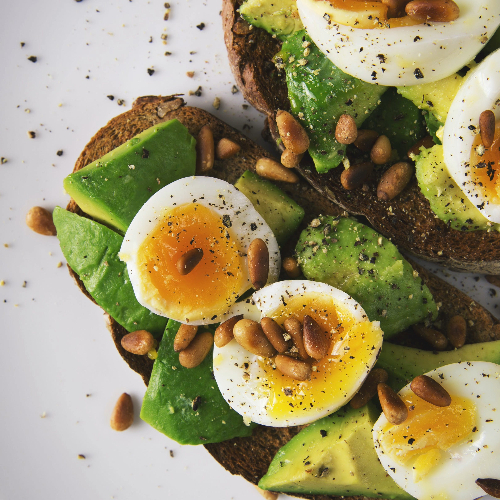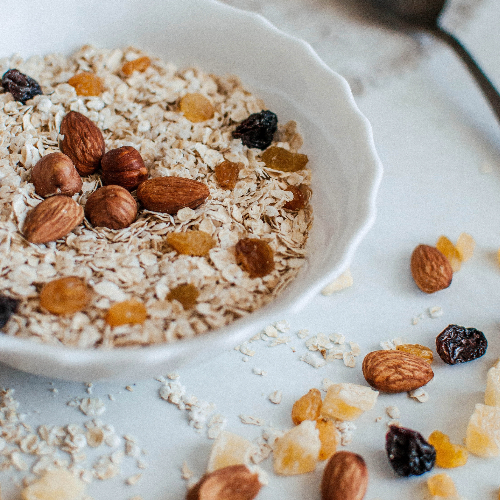A healthy gut is fundamental to overall health and wellness. It’s not just about digestion; a well-functioning gut microbiome affects everything from immunity to mental health. The right nutritional strategies can significantly improve gut health, leading to better digestion, reduced inflammation, and enhanced well-being. This article explores key dietary habits and foods that promote a healthy gut.

Understanding the Gut Microbiome The gut microbiome is a complex community of bacteria, fungi, and viruses living in the digestive tract. These microbes play a crucial role in digesting food, absorbing nutrients, and fighting off harmful pathogens. A diverse and balanced gut microbiome is key to good health.
Fiber-Rich Foods Dietary fiber is essential for a healthy gut. It feeds the beneficial bacteria in the gut and helps maintain regular bowel movements. High-fiber foods include fruits, vegetables, whole grains, legumes, nuts, and seeds. Incorporating a variety of these foods can enhance gut bacterial diversity and functionality.
Prebiotics and Probiotics Prebiotics are types of dietary fiber that the human body cannot digest. They serve as food for beneficial gut bacteria, promoting their growth and activity. Foods rich in prebiotics include garlic, onions, leeks, asparagus, bananas, and oats. Probiotics, on the other hand, are live beneficial bacteria found in certain foods and supplements. Fermented foods like yogurt, kefir, sauerkraut, tempeh, and kimchi are excellent sources of probiotics.
Stay Hydrated Drinking plenty of water has numerous health benefits, including for the gut. Water helps break down food, allowing nutrients to be absorbed and waste to be excreted efficiently. Adequate hydration is crucial for preventing constipation and maintaining a healthy gut lining.
Limit Processed Foods Processed foods can harm gut health. They often contain additives and preservatives that disrupt the gut microbiome balance. These foods are also usually low in fiber and nutrients. Reducing the intake of processed foods and focusing on whole, unprocessed foods can significantly benefit gut health.
Include Healthy Fats Healthy fats are important for gut health. They help reduce inflammation and support the growth of beneficial gut bacteria. Sources of healthy fats include avocados, olive oil, nuts, seeds, and fatty fish like salmon and mackerel.
Diverse Diet for a Diverse Microbiome Eating a diverse range of foods can lead to a diverse microbiome, which is beneficial for gut health. Each food type supports different microbial species, so a varied diet can enhance microbial diversity and resilience.
Mindful Eating Habits How you eat can be as important as what you eat. Eating slowly, chewing thoroughly, and being mindful can improve digestion and absorption of nutrients, promoting a healthier gut.
Avoid Overuse of Antibiotics While sometimes necessary, antibiotics can disrupt the gut microbiome. It’s important to use them only when prescribed and necessary, and to support gut health with probiotics and a balanced diet during and after antibiotic use.
In conclusion, maintaining a healthy gut involves a combination of eating a diverse range of nutrient-rich foods, staying hydrated, minimizing processed food intake, and adopting healthy eating habits. By following these nutritional strategies, you can support your gut health, which in turn can lead to improved overall health and well-being.



